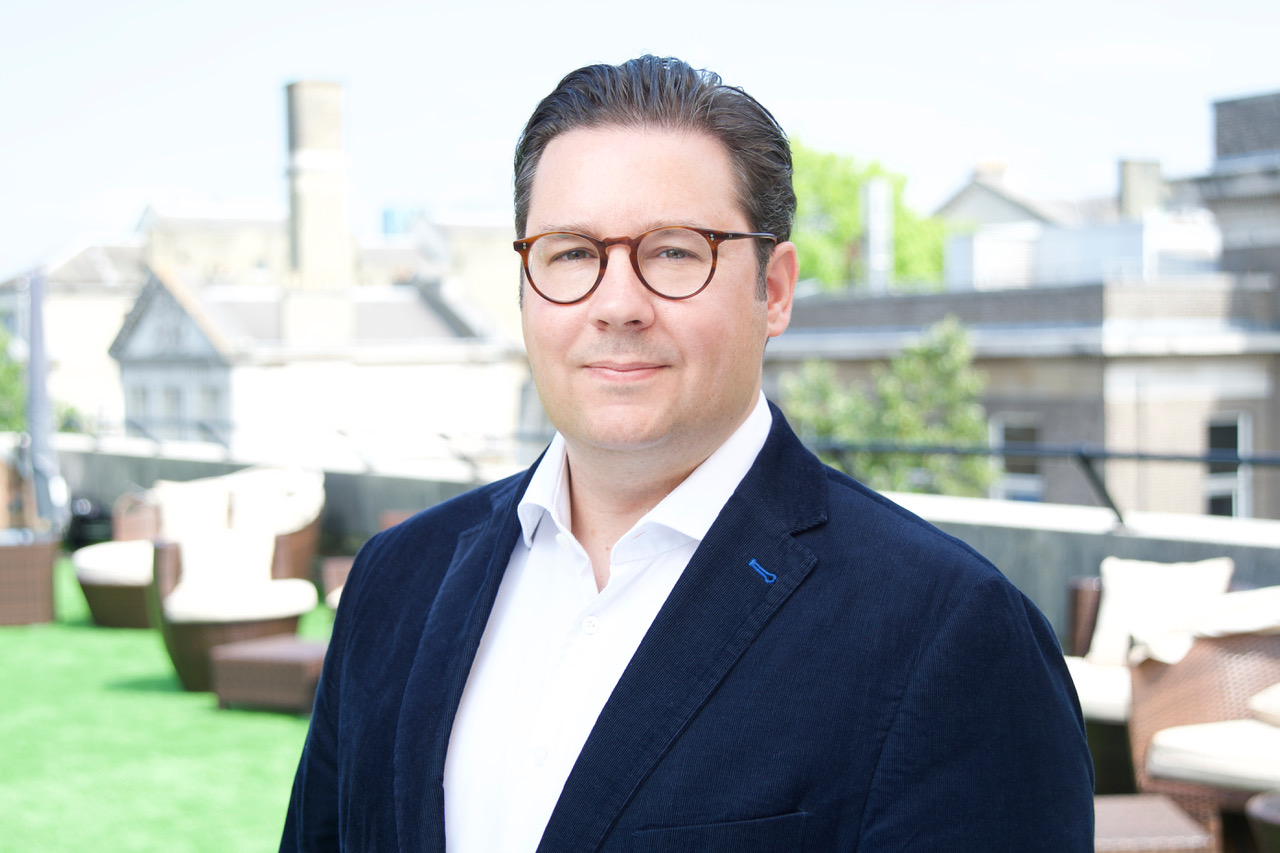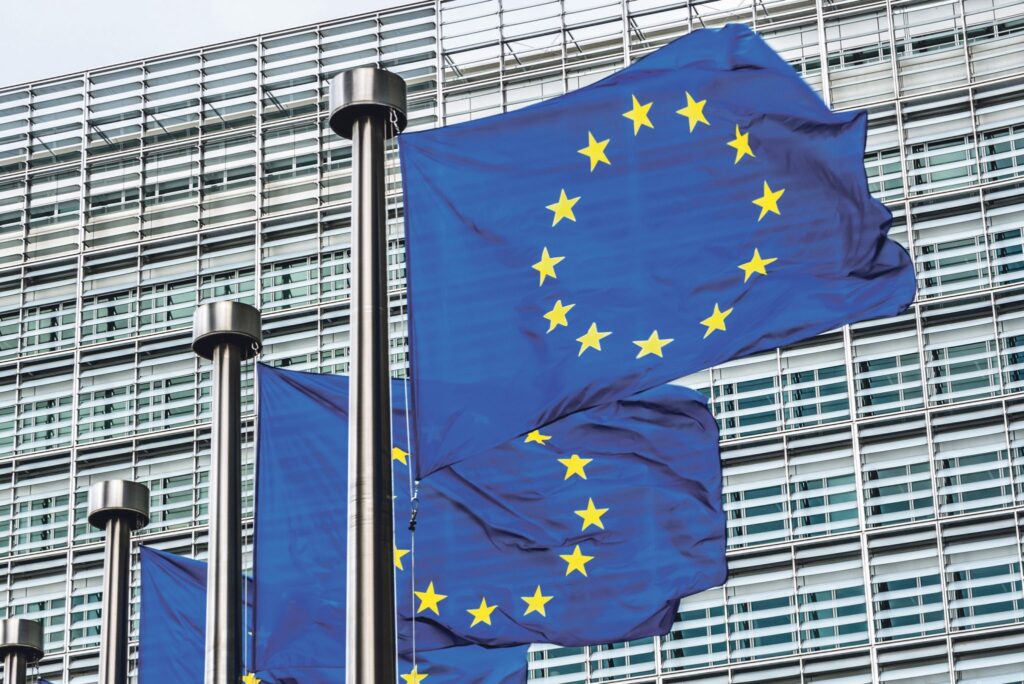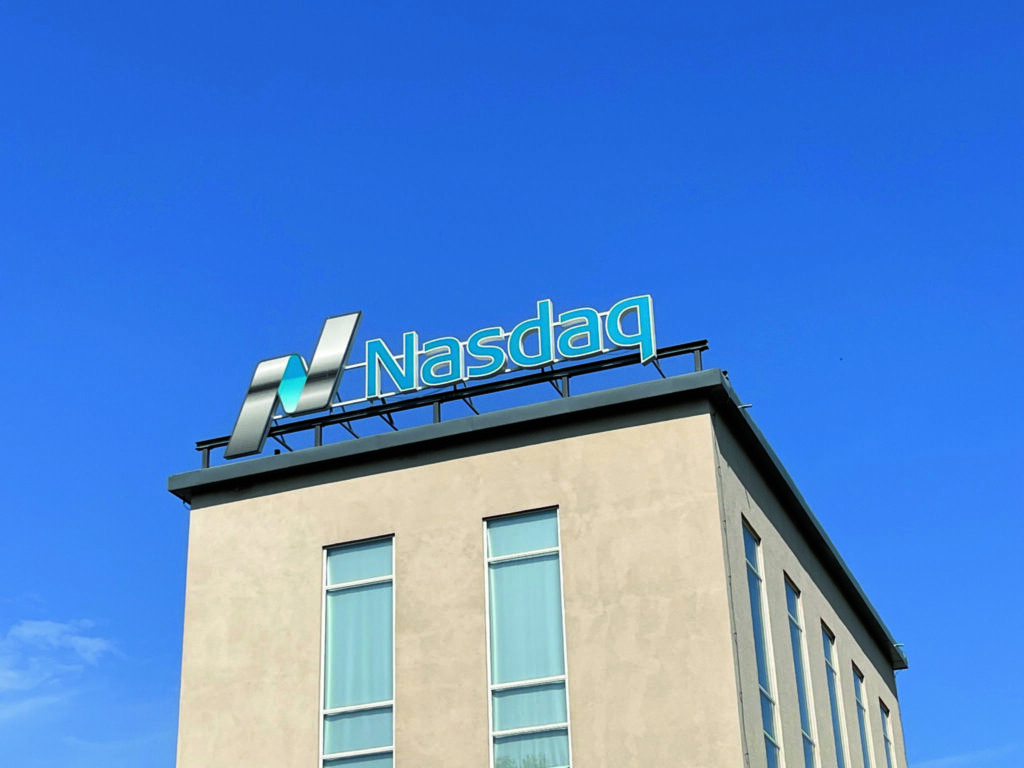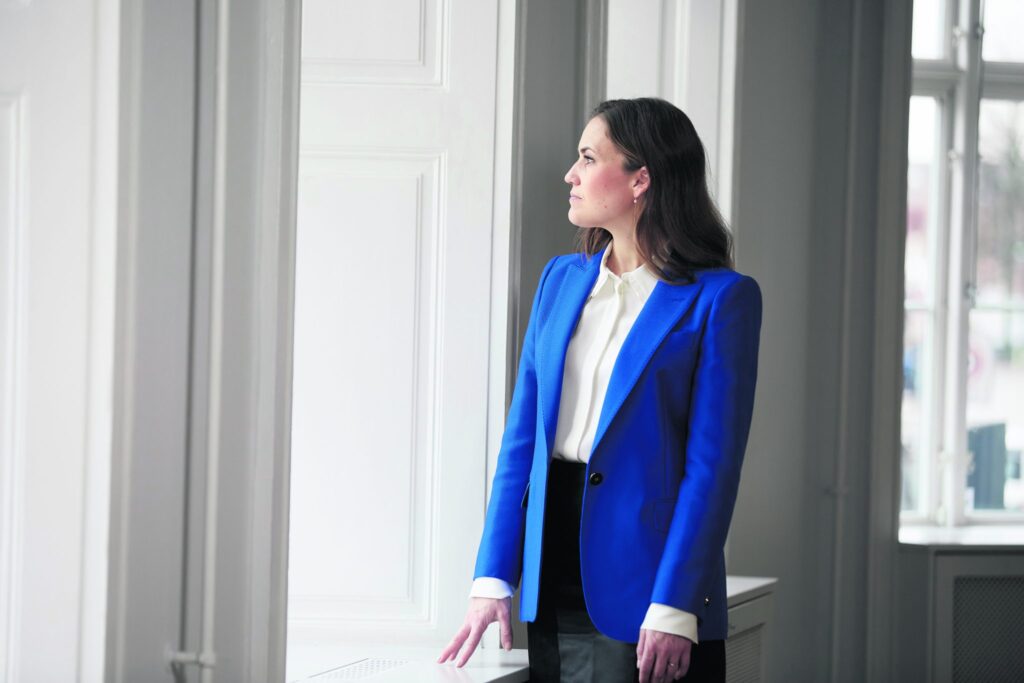Sustainability

The road towards sustainability demands new solutions in the PropTech area
Henrik Malmgreen
“Tackling the existential threat of climate change requires us to think differently about how we design and build our future cities, commercial buildings and residential homes. Today, 39 pct. of global CO₂ is emitted by the building sector and 30 pct. of the waste generated in Europe stems from construction and demolition. To meet its environmental obligations, the sector needs to change radically”.
This statement comes from Sebastian Peck, who is Managing Partner of Danish venture capital firm KOMPAS. He adds that the impending transformation of the industry represents a tremendous opportunity for technological innovation and new business models. The goal for KOMPAS is to deliver top quartile financial returns by backing founders who will have a lasting impact on the built environment .
The beginning of a whole new journey
“Venture capital plays a critical role in funding the development of breakthrough solutions to mitigate the climate impact of modern industry and underpin more sustainable business practices. We are incredibly excited to embark on this journey, and back ambitious founders that will bring about this change”, Sebastian Peck continues. The fund backs startups that fall into three major categories.
The first category includes any form of technological innovation that makes the building and real estate industry both more efficient and sustainable. This is done by supporting the development of advanced building materials, increasing the use of Artificial Intelligence and automation, encouraging the recycling and reuse of building materials, reducing waste from construction and limiting CO₂ emissions through smarter building and energy management.
The second category is digitization, which comprises digital workflow solutions for areas such as supply chain management and logistics, and industrial automation such as the use of advanced robotics in manufacturing. The third category is climate tech, which includes software for carbon accounting, and the development of new technologies for carbon capture and sequestration.
Funding early-stage companies
“Kompas has 1 billion Danish kroner (135 million Euros) to deploy and wants to take early-stage companies under its wings. Typically, our investments range from 1 to 5 million Euros. We look for breakthrough innovations that accelerate the adoption of digital technology and industrial automation in the real estate, construction, and manufacturing sectors, where the need to reduce waste and CO₂ emissions is pressing”, says Sebastian Peck. The fund invests across Europe, Israel and the US.
KOMPAS has offices in Amsterdam and Tel Aviv but is headquartered in Copenhagen. For Managing Partner Sebastian Peck the reason is quite obvious – Copenhagen and Denmark stand for some of the most innovative thinking when it comes to city planning and architecture.
“The Danes are very innovative when it comes to architecture and urban development. The PropTech sector in Denmark is very active, and of course our cornerstone investor is Danish holding and investment company VKR, which has previously also backed the Urbantech innovation program through its subsidiary VELUX.”
Harnessing inspirational young talents
Urbantech, which ran from 2019 to 2021 and attracted both Danish and international start-ups, was sponsored by VELUX which subsequently partnered with the corporate sponsors of the program to deliver POC’s (proof-of-concept) before pitching to an international group of investors. According to Mads Kann-Rasmussen, CEO of VKR Holding, VELUX Group learned a lot from working with young talents in the Urbantech program. He is committed to the idea that the company has an obligation to try and push the building industry in a more sustainable direction. The decision to financially back KOMPAS seemed to be the natural way to continue this push for more innovation.
Looking into a future with a lot of AI
“The issue of environmental impact is very important, but in many ways KOMPAS is also driven by social responsibility. The space and buildings we create should elevate the human condition and enable a better life”, says Sebastian Peck. In the pursuit of ESG credentials, positive societal impact is becoming more and more important for the building industry. Technology should not only make the construction industry more productive and asset management more efficient, it also needs to sustain healthier lives by improving access to fresh air and daylight. AI will play a critical role in creating a healthier and more comfortable indoor climate. He continues:
“Looking into the future, PropTech will be a whole lot about deploying artificial intelligence and algorithms to improve our indoor settings and automate the energy performance management of buildings. AI is also critical to automate mundane building management tasks that administrators have to deal with, from building certifications to service and maintenance”, says Sebastian Peck. He foresees a future where both KOMPAS and the building industry will prosper.
Please visit www.kompas.vc for more information
Facts
KOMPAS is an independent venture capital fund backed by VKR Holding with a focus on sustainability and technical innovation in real estate and the built environment. KOMPAS plans to invest 1 billion Danish kroner in technology start-ups that aim to revolutionize the building industry and create a more sustainable world. The goal is to establish a portfolio of direct investments in Europe, Israel and the USA. The fund operates independently from VKR Holding and is managed by Sebastian Peck and Talia Rafaeli.
Besides the vision to make the built environment more sustainable, the PropTech sector is also deemed very attractive from an investment perspective. New fiscal regimes and regulatory interventions which focus on the environmental performance of buildings are drivers that will contribute to a paradigm shift in the building industry.






